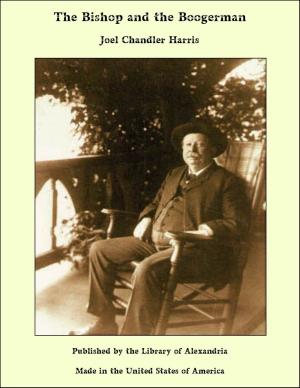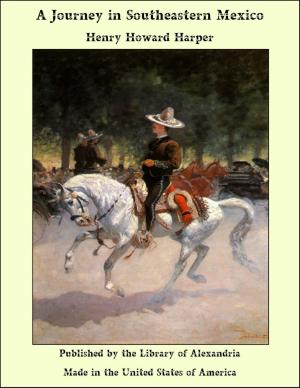Cripps, the Carrier: A Woodland Tale
Nonfiction, Religion & Spirituality, New Age, History, Fiction & Literature| Author: | Sir Richard Blackmore | ISBN: | 9781465601605 |
| Publisher: | Library of Alexandria | Publication: | March 8, 2015 |
| Imprint: | Language: | English |
| Author: | Sir Richard Blackmore |
| ISBN: | 9781465601605 |
| Publisher: | Library of Alexandria |
| Publication: | March 8, 2015 |
| Imprint: | |
| Language: | English |
The little village of Beckley lies, or rather lay many years ago, in the quiet embrace of old Stow Wood, well known to every Oxford man who loves the horn or fusil. This wood or forest (now broken up into many straggling copses) spread in the olden time across the main breadth of the highland to the north of Headington, between the valley of the Cherwell and the bogs of Otmoor. Beckley itself, though once approached by the Roman road from Alchester, must for many a century have nursed its rural quietude, withdrawn as it was from the stage-waggon track from High Wycombe to Chipping Norton, through Wheatley, Islip, and Bletchingdon, and lying in a tangle of narrow lanes leading only to one another. So Beckley took that cheerful view of life which enabled the fox to disdain the blandishments of the vintage, and prided itself on its happy seclusion and untutored honesty. But as all sons of Adam must have something or other to say to the rest, and especially to his daughters, this little village carried on some commerce with the outer world; and did it through a carrier. The name of this excellent man was Cripps; and the Carrier's mantle, or woolsey coat, had descended on this particular Cripps from many generations. All the Cripps family had a habit of adding largely to their number in every generation. In this they resembled most other families which have to fight the world, and therefore recruit their forces zealously; but in one great point they were very distinct—they agreed among one another. And ever since roads were made, or rather lanes began trying to make themselves, one great tradition had confirmed the dynasty of Crippses. This was that the eldest son should take the carrying business; the second son (upon first avoidance) should have the baker's shop in Oxford over against old Balliol College; the third should have the queer old swine-farm in the heart of Stow Forest; the fourth should be the butcher of Beckley, and the fifth its shoemaker.
The little village of Beckley lies, or rather lay many years ago, in the quiet embrace of old Stow Wood, well known to every Oxford man who loves the horn or fusil. This wood or forest (now broken up into many straggling copses) spread in the olden time across the main breadth of the highland to the north of Headington, between the valley of the Cherwell and the bogs of Otmoor. Beckley itself, though once approached by the Roman road from Alchester, must for many a century have nursed its rural quietude, withdrawn as it was from the stage-waggon track from High Wycombe to Chipping Norton, through Wheatley, Islip, and Bletchingdon, and lying in a tangle of narrow lanes leading only to one another. So Beckley took that cheerful view of life which enabled the fox to disdain the blandishments of the vintage, and prided itself on its happy seclusion and untutored honesty. But as all sons of Adam must have something or other to say to the rest, and especially to his daughters, this little village carried on some commerce with the outer world; and did it through a carrier. The name of this excellent man was Cripps; and the Carrier's mantle, or woolsey coat, had descended on this particular Cripps from many generations. All the Cripps family had a habit of adding largely to their number in every generation. In this they resembled most other families which have to fight the world, and therefore recruit their forces zealously; but in one great point they were very distinct—they agreed among one another. And ever since roads were made, or rather lanes began trying to make themselves, one great tradition had confirmed the dynasty of Crippses. This was that the eldest son should take the carrying business; the second son (upon first avoidance) should have the baker's shop in Oxford over against old Balliol College; the third should have the queer old swine-farm in the heart of Stow Forest; the fourth should be the butcher of Beckley, and the fifth its shoemaker.















